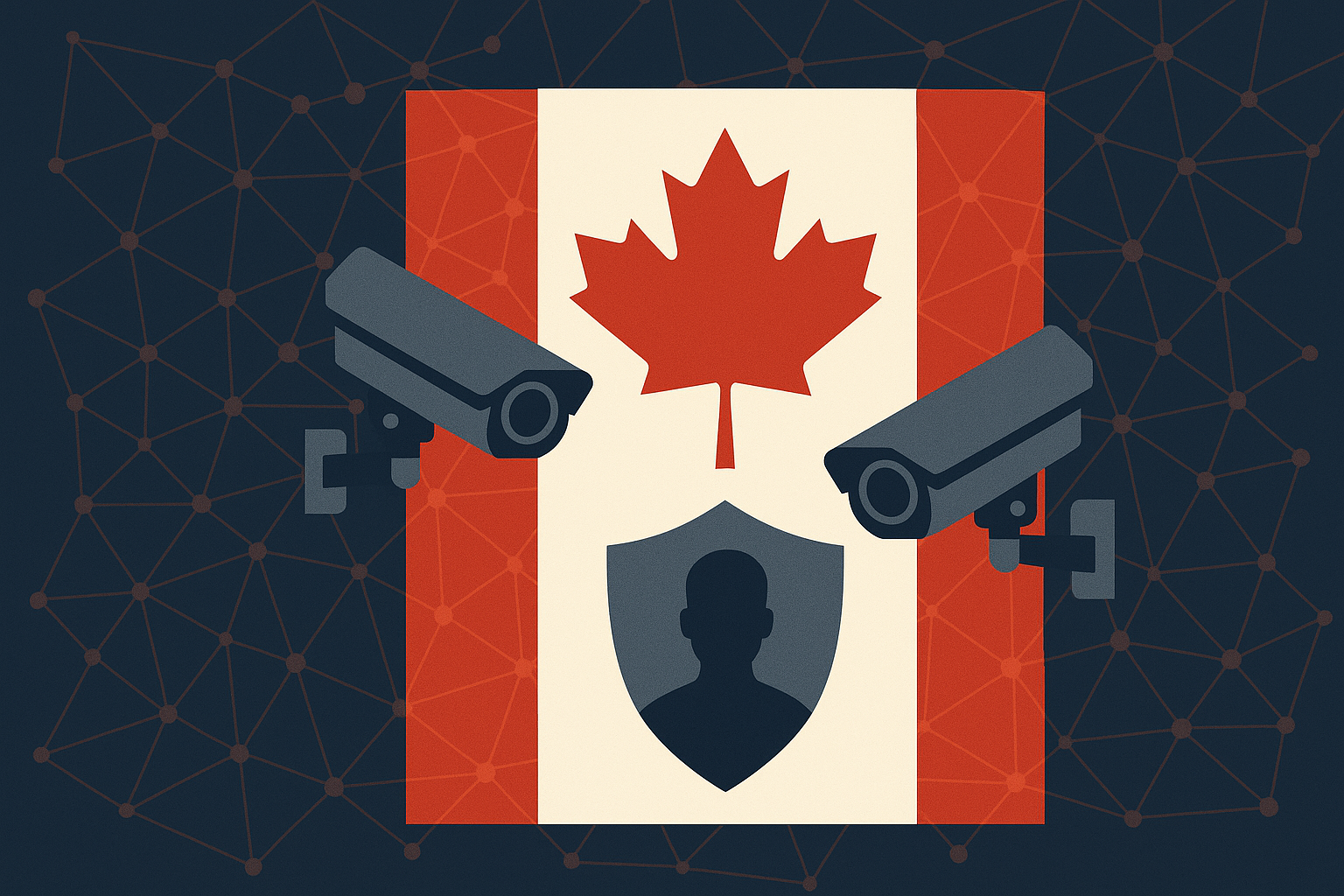In the world of digital communication and transactions, privacy is a fortress that seems to be under constant siege. Recent developments in the crackdown on cryptocurrency privacy enhancements have spotlighted serious concerns about whether true anonymity is possible in our digital age. Particularly, these concerns are linked to the need for and use of incognito mode in browsers -the freedom to search, to read, to speak/post, and exchange ideas or digital currency. Edward Snowden has drawn attention to the need for privacy in Bitcoin transactions, amidst growing regulatory actions against crypto privacy tools. Its all part of the same discussion, from our view.
Incognito mode, often perceived as a digital cloak of invisibility, promises to shield your online activities from being recorded. However, Edward Snowden, a former CIA employee turned privacy advocate, recently echoed a stark warning. In Snowden’s words, the necessity for integral privacy protections at the protocol level has been ignored for too long, and now the “clock is ticking.” He emphasized this amidst discussing the curtailment of services like Wasabi Wallet to U.S. users due to looming legal pressures.
Wasabi Wallet’s service suspension came shortly after the developers of another privacy-focused cryptocurrency tool, Samourai Wallet, faced legal actions under charges of money laundering. These cases highlight the U.S. Department of Justice’s broader interpretation of money transmission laws, including wallet developers who do not directly handle user assets but provide privacy-enhancing technology.
The broader crypto community has perceived these moves by U.S. authorities as a significant crackdown on crypto privacy projects. The implications of such regulatory steps are profound, not just for those operating within the cryptocurrency space but also for everyday users who seek privacy in their online engagements.
One notable instance highlighted the chilling effects these regulations have on privacy. The Anti-Corruption Foundation used Wasabi Wallet to shield its donors from surveillance and the risk of imprisonment by the Russian government, showcasing how privacy tools serve a fundamental role in protecting civil liberties. These considerations, however, did not seem to weigh into the decisions of U.S. authorities, underscoring a severe conflict between privacy needs and regulatory measures.
This tightening grip over privacy tools raises alarm bells for regular users of incognito browsing modes in their web browsers. Not only are your activities still traceable to your IP address, but linking transactions or activity to KYC (Know Your Customer) compliant platforms also exposes your entire digital history on public ledgers such as Bitcoin.
Enhancing Privacy with Incognito Browser: A Potential Solution
In response to growing concerns over the limits of standard incognito browsing modes mostly found in traditional browsers, alternative solutions like the Incognito Browser app stand out. This app offers robust privacy protections that extend beyond the basic functionalities of typical incognito modes. With Incognito Browser, users gain access to features such as:
- Agent Cloaking, which masks your digital fingerprint, rendering your browsing activities anonymous and much harder to track.
- An Ad Blocker that removes intrusive ads and prevents trackers from monitoring your online behavior.
- Web3 Access, allowing users to interact with a decentralized web, significantly enhancing user privacy and control over personal data.
Furthermore, the Incognito Browser provides enhanced security against data breaches and targeted attacks by obscuring details that hackers typically exploit. It also offers a minimalist and user-friendly interface, making sophisticated privacy protections accessible to everyone without the need for technical expertise.
As we navigate through the murky waters of online privacy and security, tools like the Incognito Browser represent beacons of hope. They offer a more private and secure browsing experience, essential in an era where digital autonomy is challenged by both criminals and watchdogs.
A traditional incognito mode may provide a superficial layer of privacy, comprehensive solutions like the Incognito Browser are necessary for those serious about protecting their digital rights. As regulatory frameworks around the world tighten, equipping yourself with robust tools to guard your privacy is more important than ever.



